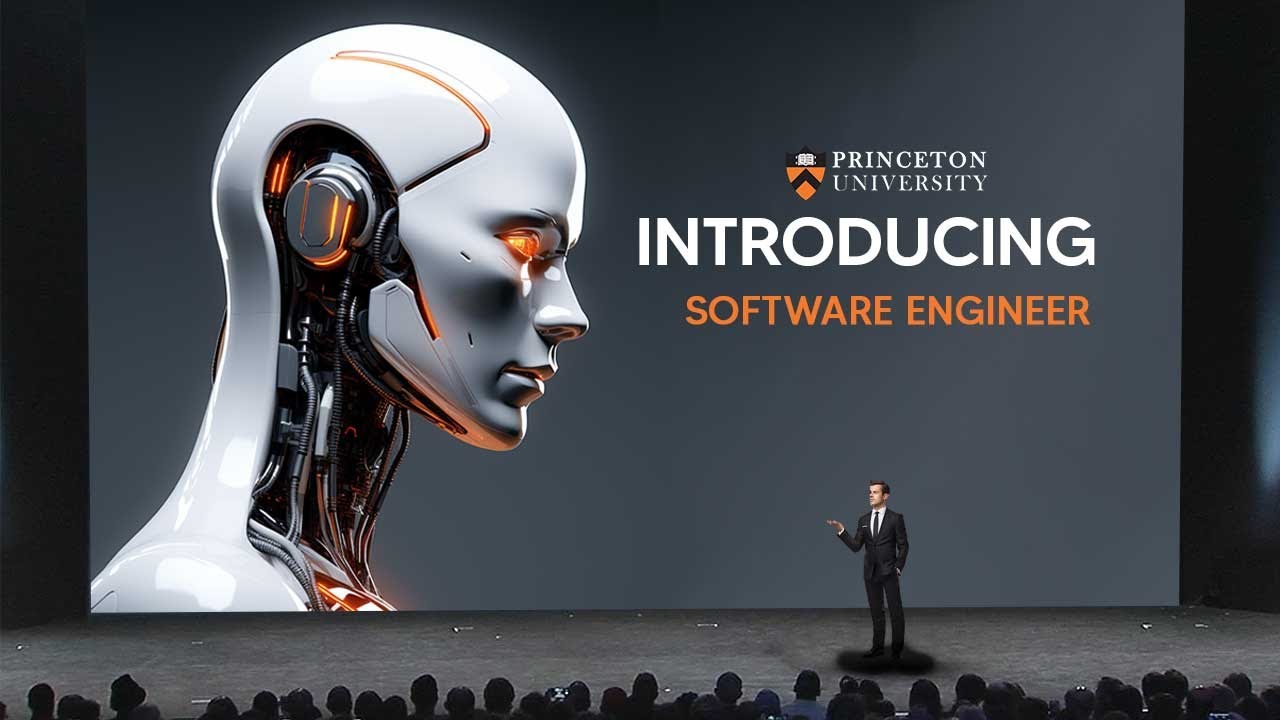A new open-source software engineering agent called SWE Agent has been introduced, capable of autonomously solving GitHub repository issues with high accuracy and efficiency. Developed by a small team, the SWE Agent leverages advanced models like GPT-4, showcasing the potential of open-source technology to compete with closed-source systems in software engineering tasks.
In a recent announcement, a new open-source software engineering agent called SWE Agent has been introduced, capable of autonomously solving issues in GitHub repositories with similar accuracy to the previous autonomous software engineer, Devon. The SWE Agent takes an average of 93 seconds to complete tasks and has an open-source nature. Despite being developed by a small team of open-source developers, the SWE Agent achieved impressive results, only slightly behind Devon in comparative benchmarks. This suggests that open-source models can rapidly achieve remarkable results with less capital investment.
The SWE Agent showcases advancements in open-source technology, closing the gap with state-of-the-art closed-source systems. By utilizing the base level of GPT-4 or potentially CLIP or other advanced models, the SWE Agent exemplifies the potential of open-source models to compete with and possibly surpass closed-source counterparts. The efficiency and effectiveness of the SWE Agent indicate promising advancements in the field of software engineering agents.
The software engineering agent operates through a specialized terminal, allowing it to navigate, edit, and execute code efficiently. The custom-built interface plays a crucial role in enhancing the agent’s performance, enabling it to engage in long-term planning or iterative problem-solving. The introduction of a new agent computer interface that is well-designed for language models like GPT-4 significantly contributes to the SWE Agent’s success.
Limiting the software engineering agent’s access to view only 100 lines of code at a time proved to be more effective than allowing it to view larger portions of the codebase. This approach enhanced the agent’s ability to process information and make informed decisions, showcasing the importance of good agent computer design, particularly when working with advanced AI models. By optimizing the agent’s viewing capabilities, the SWE Agent demonstrated improved performance and efficiency in solving software engineering tasks.
The SWE Agent’s open-source nature allows for easy configuration and extension, fostering collaboration and future research in software engineering agents. With the potential for experimentation and contributions from a broader community, the development of software engineering agents is expected to progress rapidly. The SWE Agent’s affordability, with a limit set at $4 per task, and the commitment to releasing technical details in an upcoming paper showcase a commitment to transparency and accessibility in advancing AI technology for software engineering tasks.
